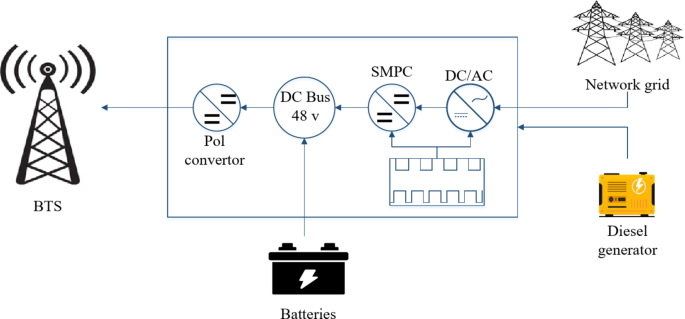Empowering Telecommunication: The Role of Fuel Cells in BTS Technology
Key Ideas
- Fuel cells like PEMFCs are efficient for stationary and mobile energy conversions with zero emissions.
- BTS technology relies on constant power supply where hybrid renewable energy systems can be beneficial.
- Implementing these systems reduces operational costs and environmental impact compared to diesel generators.
- Challenges in providing electricity to remote BTS units in high-altitude areas are being addressed with innovative solutions.
The article discusses the importance of using renewable and sustainable energy resources, specifically fuel cells, to meet the high energy demand in people's lives. Fuel cells, including PEMFCs, are highlighted for their efficiency in converting chemical fuel energy into electricity with zero emissions. The article emphasizes the role of PEMFCs in stationary and mobile applications due to their stability, significant energy efficiency, and longevity. It explains the process of how fuel cells operate, breaking down hydrogen and integrating oxygen to generate electricity. Furthermore, the article explores the application of PEMFCs in Base Transceiver Station (BTS) technology, which is crucial for mobile network communication.
The telecom industry, especially BTS systems, can benefit from hybrid renewable energy systems to ensure a constant power supply, reducing operational costs, and addressing environmental concerns. The demand for telecommunication services in remote areas highlights the need for reliable power sources like fuel cells. While challenges exist in providing electricity to remote BTS units, innovative solutions are being developed to overcome these obstacles. The article also references related works by researchers proposing novel systems for electric energy conversion in telecommunication towers to lower operational costs and enhance energy efficiency.
